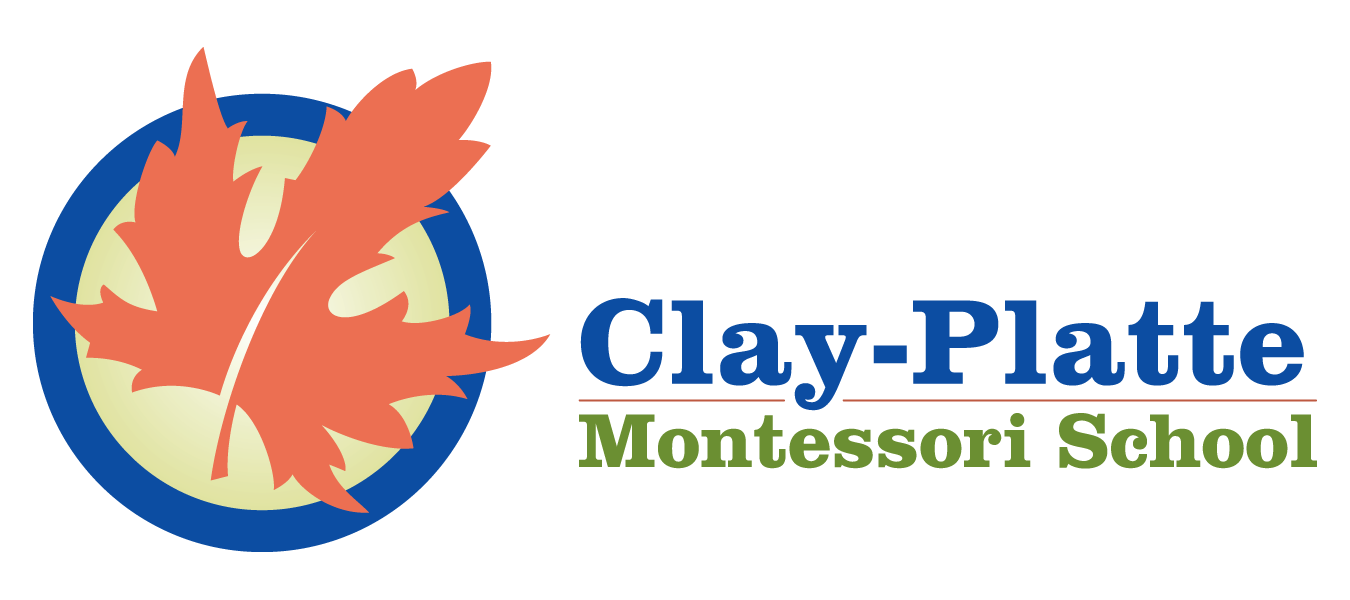Welcome Back & Learning From Home
Dear Clay-Platte Family,
Welcome back from break! We are in week 7,592 of Learning From Home. 😉 We recently shared an article from Association Montessori Internationale, General Guidelines for the Montessori Approach - if you need to reference it again, see the previous blog post. I appreciate so much about these guidelines, but the general sense that children ARE learning. They don’t need the classroom environment to be recreated at home (in fact, our classroom environments should mimic the home, during the first plane).
That’s easy to say. But what do we mean? How can children continue their learning without materials? Without their guides?
Here are some examples of what I mean:
In the classroom, we have a very specific method for teaching table washing. But guess what? The Direct Purpose of Table Washing is…to clean a table. You don’t need to have a small bar of soap and a scrub brush. You can use a rag or sponge and show your child how you wash a table. That is important work. Do they miss out on some elements, provided in the classroom? Yes. We have Indirect Purposes for the majority of work we introduce to the children. Table Washing has an Indirect Purpose of preparing the child for reading. But that specificity is why Montessori guides went through training. There is no need to recreate that at home. The indirect purpose can be achieved, when we get back to class.
Children who are learning addition and subtraction often use the Stamp Game to work though how to exchange values. Replace 1 stamps with pennies, 10 stamps with dimes and 100 stamps with dollars…then add or subtract. (Don’t forget to take your money back!) It’s also a great time to talk about the value of money.
Children learning to write can write lists of groceries (to their level of ability), instead of Personal Messages (a classroom game).
When we give lessons, we are focused on particular super powers the children, at different stages, possess. For the children 0-6, it’s their senses. They can learn anything by just being around it. They are particularly open to learning new things through the sense of touch and through movement. Six to twelve year olds have a vast imagination. They can learn huge concepts, when they are presented in the form of a story. We talk to them about place values representing the powers of 10, using the story of a kingdom under siege. Adolescents possess the power of socializing! (Shocker, I know.) But, if it can be important to a friend or two, it can be important to our own adolescent.
These super powers guide the ways we present lessons to the children. Montessori (and educational psychologists before and after her) developed materials and the materials are very important. But Montessori education is about so much more.
So, the lessons your child’s guides are offering are created with these guidelines and superpowers in mind. They probably won’t be using materials in their demonstrations, because the children don’t have the materials at home to practice with—and that practice is when the learning truly occurs. But they know Montessori and they know children. The lessons your children receive will be well-tailored to their needs.
As always, if you’d like further guidance on this, feel free to reach out to me or to your child’s guide!
—Jen Stoll, Owner & Director
